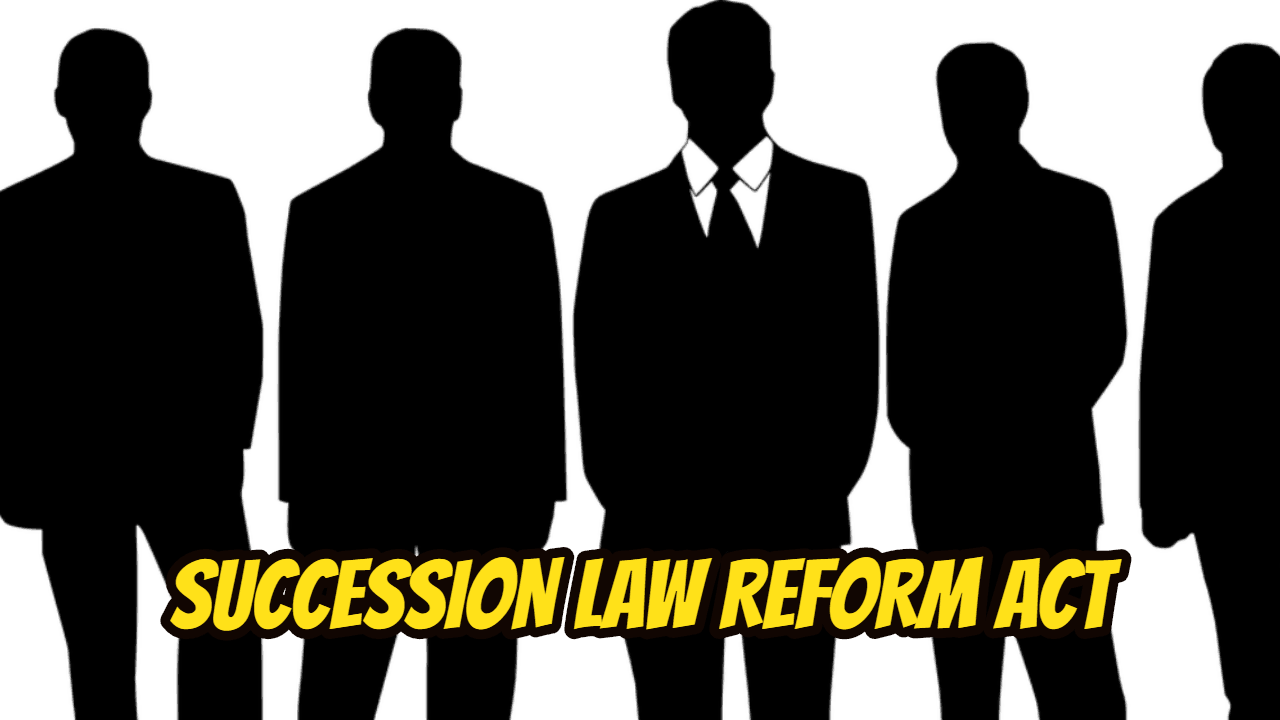If you would prefer to listen to the audio version of this Succession Law Reform Act Brandon’s Blog, please scroll down to the bottom and click on the podcast.
Succession Law Reform Act: Introduction
I wish to focus on the last provincial statute that is also important for the administration of a deceased estate; the Succession Law Reform Act, R.S.O. 1990, c. S.26.
This is my last blog in this collection to show how it would certainly be proper to appoint a licensed insolvency trustee (LIT or bankruptcy trustee) (formerly known as a bankruptcy trustee) as the estate trustee (formerly called an executor or executrix) of a solvent deceased estate.
As always, given that we are not lawyers, and I am not offering in this or any of the other Brandon’s Blogs in this series, suggestions on wills or estate issues. For that, you have to consult your lawyer.
My estate trustee blogs
In my blog TRUSTEE OF DECEASED ESTATE: WHAT A TORONTO BANKRUPTCY TRUSTEE KNOWS, I discussed some crucial issues when it entails a deceased estate and why a LIT would certainly be exceptionally knowledgable and qualified to serve as an estate trustee.
In the blog, TRUSTEE OF PARENTS ESTATE: DO I REALLY HAVE TO?, I discussed why many times moms and dads attempt doing the correct thing by selecting their youngsters as estate trustees and the several times it simply ends up all wrong.
In ESTATES ACT ONTARIO: TORONTO BANKRUPTCY TRUSTEE REVEALS HIDDEN SECRET, I describe how the needs and stipulations of the Estates Act are already very familiar to a bankruptcy trustee. As a matter of fact, a lot of the tasks called for by the Estates Act are currently carried out in the insolvency context by a LIT.
My blog ADMINISTRATION OF ESTATES ACT CANADA: EASY FOR TORONTO BANKRUPTCY TRUSTEE TO DO, I clarified why a LIT is an appropriate specialist to lead the management of Estates Act Canada.
In the blog TRUSTEE ACT ONTARIO BY A TORONTO BANKRUPTCY TRUSTEE, I describe the duties of a trustee under the Trustee Act Ontario and how a bankruptcy trustee is experienced to carry out those duties.
In this blog, I will explain why a bankruptcy trustee would be extremely comfortable working with this provincial legislation.
Things an estate trustee must be aware of
The Act has 79 sections and regulations. Sections 1 through 43 inclusive, set the ground rules for establishing wills and their validity.
The Act figures out how your estate and assets will be allocated to family members based on based upon guidance and a collection of policies.
This statute is different from the other ones I reviewed affecting acting as an estate trustee in a deceased estate. The Act is really just a set of guiding rules.
Intestacy and the entitlement of spouse and the preferential share
Section 44 of the Act deals with a person who has a spouse and no living children who die intestate. This section says that his or her spouse is entitled to all the property.
Section 45(1) of this Act deals with the situations where a person dies intestate and has both a spouse and living children. It says that where the value of the deceased’s property is not more than the preferential share, which is a defined term, then the spouse is entitled to all the property.
Preferential share is set by Ontario Regulation 54/95. It says that for the purpose of section 45 of the Act, the preferential share is $200,000.
Section 45(2) of the Act deals with the person who dies intestate, has a spouse and living children, and whose property is worth more than the preferential share. This section says that the spouse is absolutely entitled to the preferential share or the amount of $200,000. Presumably, the spouse and children then have to either agree or litigate about who is entitled to how much of the value above $200,000.
Just to add another wrinkle, Section 45(3) deals with the situation where the deceased dies with a will dealing with some property but intestate to the balance of the property and is survived by both a spouse and children. This section states that the spouse is always entitled to the preferential share out of the property not governed by a will. If the spouse is entitled to property under a will having a value of more than the preferential share ($200,000), then there is no need to be concerned with the workings of the preferential share.
Residue: spouse and children
Section 46(1) of this provincial statute says that where a person dies intestate and has a spouse and one living child, the spouse is entitled to one-half of the residue of the property AFTER payment of the preferential share.
Section 46(2) states that if the intestate dead person has a spouse and more than one child, the spouse is entitled to one-third of the residue. Again, this is after payment of the preferential share. Section 46(3) deals with the situation of any children predeceasing the parent who died intestate. This section says that for the purposes of calculating the spouse’s share, assume the deceased child(ren) is alive.
Distribution of kin
Section 47 of the Succession Law Reform Act deals with how property should be distributed when a person dies intestate. The general principle starts with the property being divided between the spouse and living children as described above. The balance of the section deals with the treatment of grandchildren, parents, siblings and nephews and nieces when a person dies intestate.
This section ultimately says that if there are no kin, then the intestate property becomes the property of the Crown under the Escheats Act, 2015.
Succession Law Reform Act: Designation of beneficiaries of interest in funds or plans, survivorship and support of dependants
The balance of the Act deals with specific rules about:
- the designation in plans or funds of specific beneficiaries;
- how to deal with the death of two or more persons at the same time who either hold property together or may be entitled to all or some of the other’s property; and
- support of dependants.
Summary
I really hope that this collection of blogs show to you just how the various provincial statutes describing the obligations of a trustee or estate trustee tracks actually near to exactly how a LIT executes in either a Court-appointed receivership or bankruptcy mandate.
If you have any type of concerns about a deceased estate and the requirements for an estate trustee, whether it is solvent or insolvent, call the Ira Smith Team. We have decades and generations of experience in helping people and companies overcome their financial problems. You don’t need to suffer; we can end your pain.
If you have any questions at all, contact the Ira Smith Team.
[monkeytools msnip=”http://monkeyplayr.com/playr.php?u=5173&p=20245″]
[monkeytools msnip=”http://memochimp.com/memo.php?u=4931&p=3676″]


